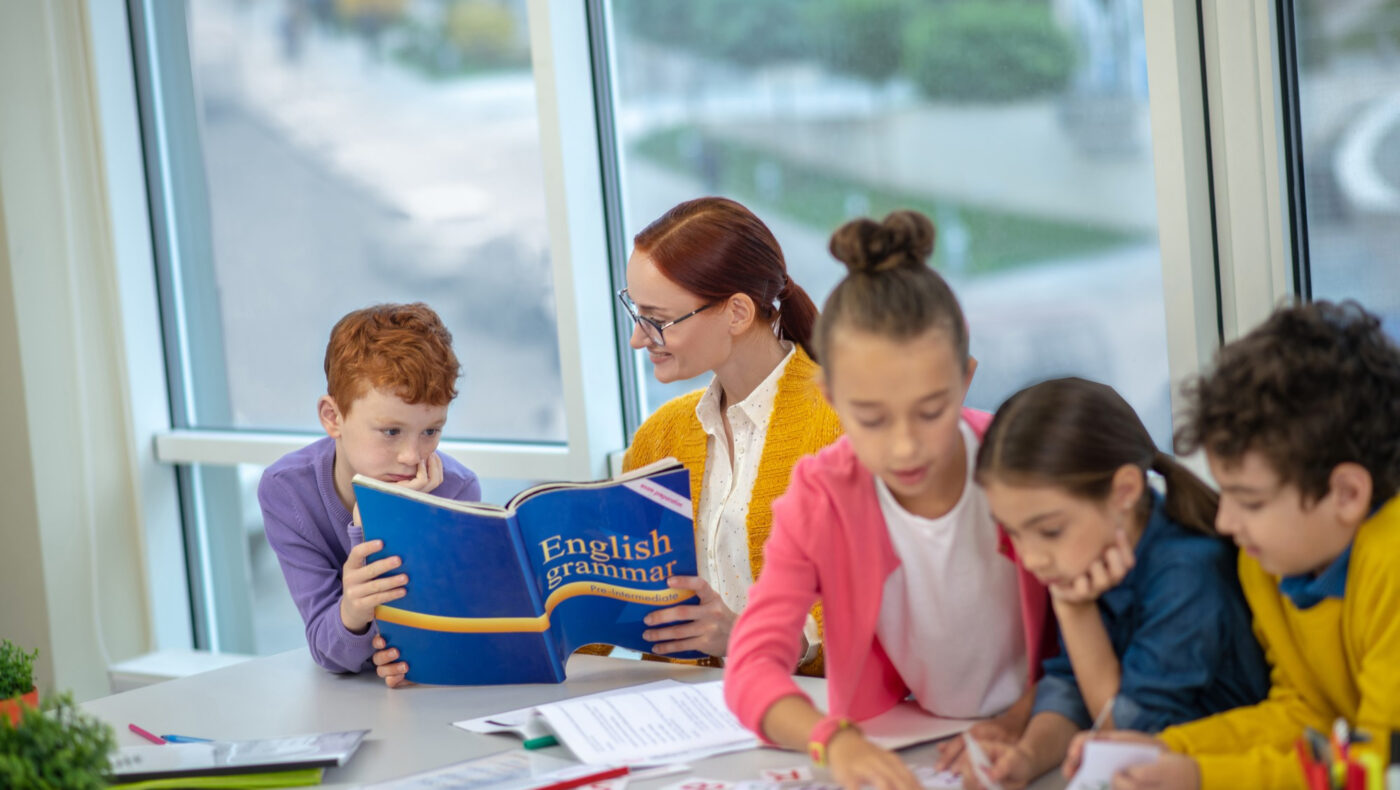Loving to learn with active pedagogies
A different kind of education implies taking into account the child’s rhythm, needs and interests, a different kind of pedagogical relationship and a definition of the child and not only of the schoolboy. This pleasure of learning is an assumed ambition of active pedagogies.
Rethinking the way we teach Loving to learn with active pedagogies
This new pedagogical relationship is based on the ambition to rethink teaching, on the need to decompartmentalize knowledge and school disciplines to broaden the reflexion to multiple facets.
For active pedagogies, thinking is not purely literary, mathematical, historical or geographical and the understanding of a phenomenon deserves the mobilization of all disciplinary methodologies. This global approach calls into question the hierarchy between school disciplines and revalorizes education that promotes creativity, the affect, the bodily, the manual and the intellectual, without hierarchy, in the service of an education that gives meaning to learning. Loving to learn with active pedagogies
This ambition is translated into practices with the will to make the child act, to experiment, to manipulate, to observe, to grope to learn. All of these ideas and approaches must be done in a trusting environment, mutual aid and the most democratic organization possible. This confidence in the child helps to develop the autonomy and responsibility of each individual. It is another way of learning, teaching and thinking about society that is being initiated. Loving to learn with active pedagogies
A benevolent and positive attitude Loving to learn with active pedagogies
Active pedagogies imply a new attitude towards the taught and therefore a new way of teaching.
The teacher’s role is all the more important in these pedagogies because the pedagogical relationship is not solely defined by the transmission of knowledge from the adult. The teacher’s function, in these pedagogies, is therefore multiple: on the one hand, he or she must, through objective, meticulous and constant observation, get to know his or her students as well as possible in their complexity and singularity; on the other hand, he or she must also guide his or her students with respect, and confidence, through facts and not words to be in line with the idea that “The being is worth by what he does, not by what he knows.
The teacher is therefore present at each stage of learning, but he is not a transmitter of knowledge, he is an “awakener”. Through the activities they propose, they create a pedagogical relationship that is conducive to learning. The child is placed in a living environment (plants and animals), the classroom becomes a workshop with multiple activities but also a place of openness to the outside world where observations are multiplied through visits to monuments or companies.



